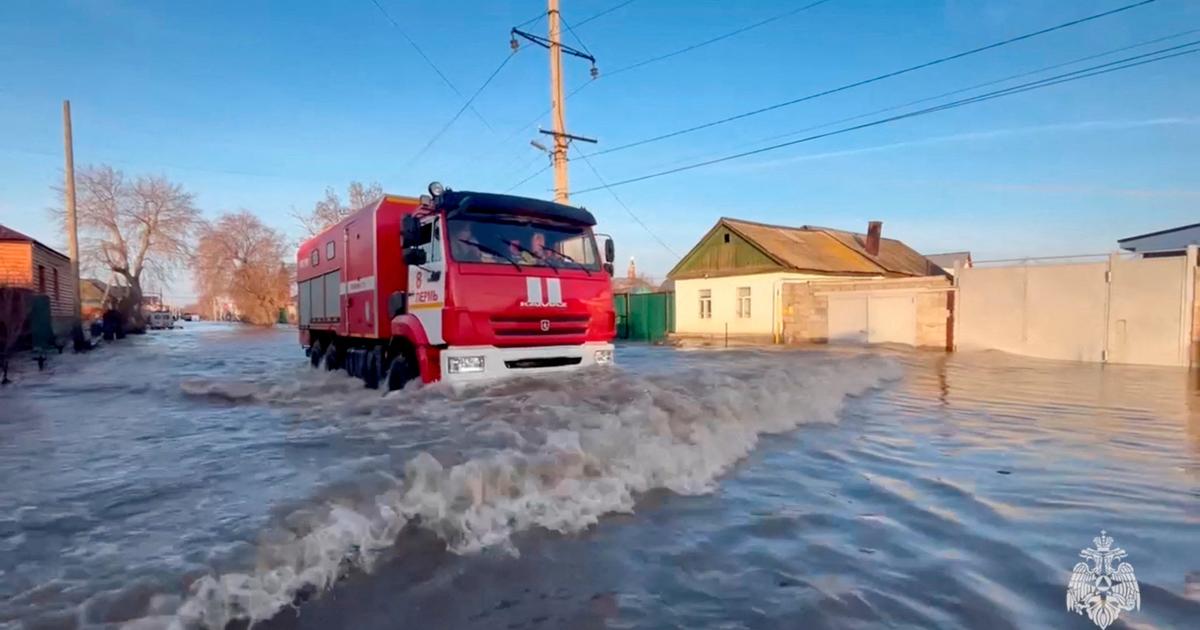Enlarge image
On-site helpers during a short break
Photo: Barbara Gindl / picture alliance / dpa / APA
They clear away the rubble and pump out full cellars: In the areas of the flood disaster, volunteers and other volunteers are needed to lend a hand.
That is why North Rhine-Westphalia's Interior Minister Herbert Reul (CDU) has appealed to employers to allow more exemptions for disaster control.
"Today some employers make it difficult for their employees to get involved with the emergency services because they are not allowed to leave the office at short notice," Interior Minister Herbert Reul (CDU) told the Kölner Stadt-Anzeiger.
In sudden emergency situations such as the current situation in North Rhine-Westphalia and Rhineland-Palatinate, there is a lack of »experienced workers«, according to Reul.
A “new awareness among employers when it comes to exemptions for disaster control” is therefore necessary.
We explain what employees have to consider if they want to help in the disaster area.
Who can be exempted?
This is clearly regulated at the voluntary fire brigade or the Technical Relief Organization (THW): If volunteers from these organizations are called up during working hours, the employer must release them.
This must not result in any professional disadvantages.
This also means: employees neither have to catch up on the working days nor take vacation for them.
At the THW, a federal law regulates that the helpers must be released.
The state law of the respective federal state applies to the voluntary fire brigade;
but these are very similar to one another.
Who pays the wages during the assignment?
During an assignment, employees must continue to receive remuneration. "The loss of wages principle applies to them: they are then just as entitled to overtime bonuses or other benefits as they would otherwise at work," says Saskia Steffen, specialist lawyer for labor law. As a rule, employers can have the money reimbursed by the cities and municipalities for the entire period of use. This also applies to volunteers from organizations such as the German Red Cross who are members of a disaster control unit and are requested by the municipalities. The employer can request proof of the deployment. If an employee is injured in action, the employer is entitled to reimbursement of continued wages. Even then, the responsible cities or countries take over.
What if I want to be active as a helper?
First of all: The law distinguishes between full-time employees, volunteers and helpers.
"In the event of a disaster, organizations such as the German Red Cross or the Maltese can be requested by the districts and communities," says labor lawyer Steffen.
"Then employers cannot prevent the use of their employees if they want to get involved as helpers in these organizations."
However, the disaster is currently not present in all affected areas. Strictly speaking, anyone who would like to help the neighbor or report to the Maltese as a spontaneous helper has no right to exemption or continued payment of wages. "Here the employer decides whether the employee is needed in the company or is allowed to drive to the affected areas," says Kai Vogelmann from the Maltese in North Rhine-Westphalia. In this case, it is also at the employer's discretion whether or not an employee is paid for voluntary work. In the past, there was often a lack of support: "We keep hearing from volunteers that they prefer not to emphasize their commitment in the company because they fear that it will even result in disadvantages," says Vogelmann.
What are the consequences if I just lend a hand?
If employees help, although the employer does not allow it, they are absent without excuse.
"Employees can then be warned - and in the worst case they are even threatened with extraordinary termination without notice," says labor lawyer Steffen.
What do the employers' associations say?
So far there have only been "isolated inquiries about exemptions from wages," says Bernhard Langenbrinck, general manager of the municipal employers' association in North Rhine-Westphalia. "I suspect that the release of employees for disaster relief operations is regulated flexibly in the local administrations and companies." Ralf Bruns, General Manager of the United Business Associations in Aachen, does not know of any case in which there are currently problems Entrepreneurs support their affected employees, neighbors or other affected companies without hesitation and offer their help. "
The Federation of German Employers' Associations also rejects the accusation that employers make it difficult for their employees: "Where flexible help can be provided, it is provided, especially by companies," said a statement by the association.
“In such emergency situations, companies that can somehow make this possible will support employees who want to help.
This also includes exemption from work. "
With material from afp








